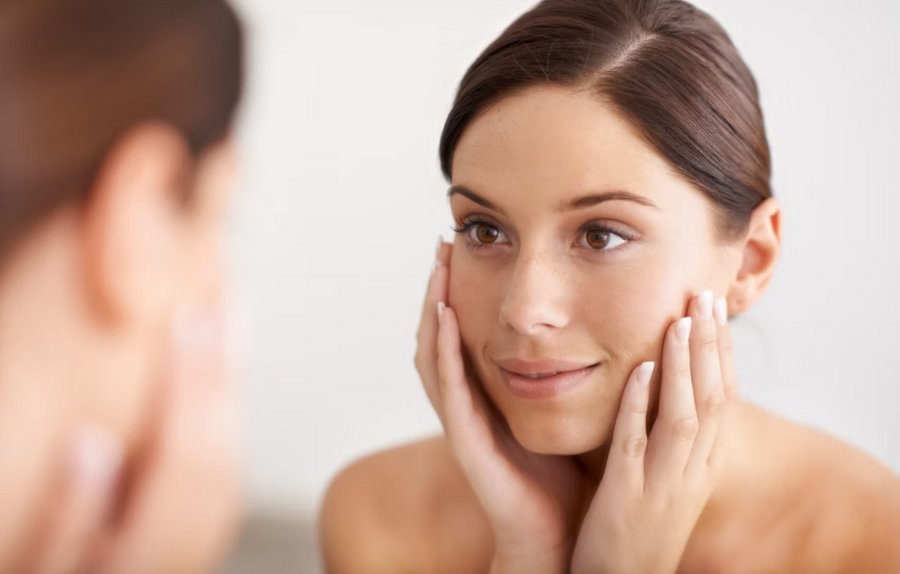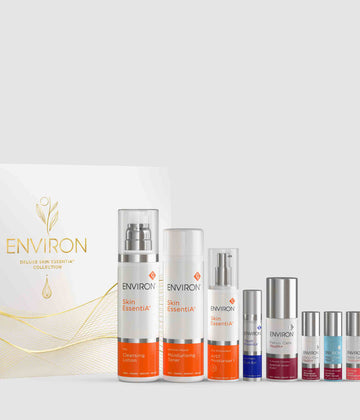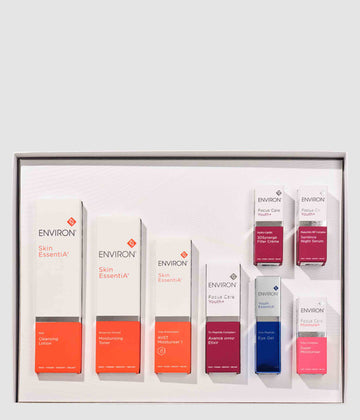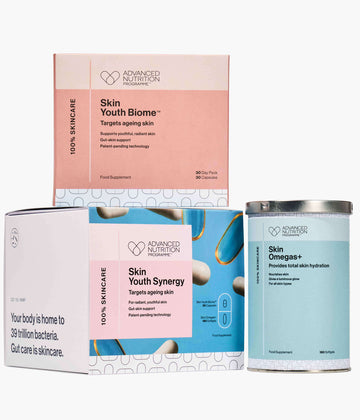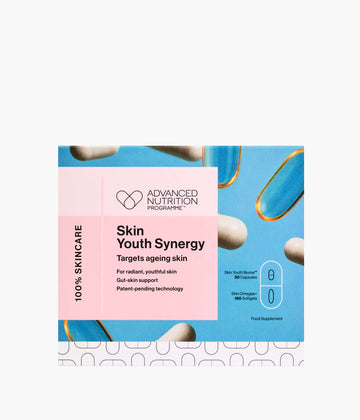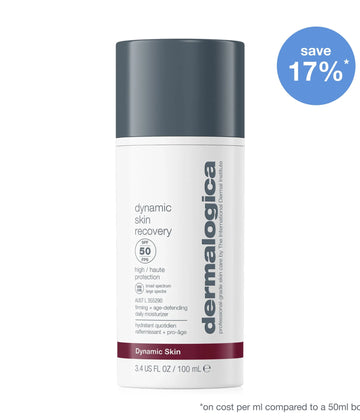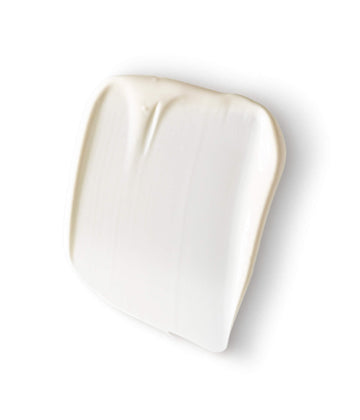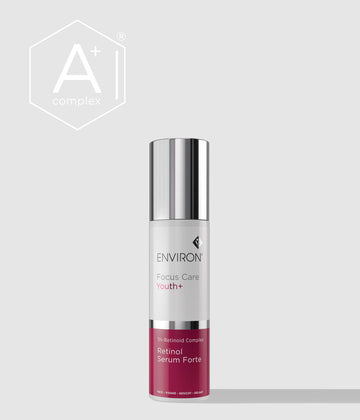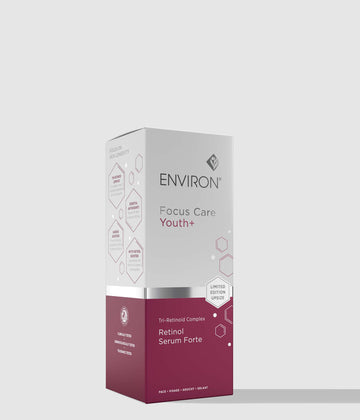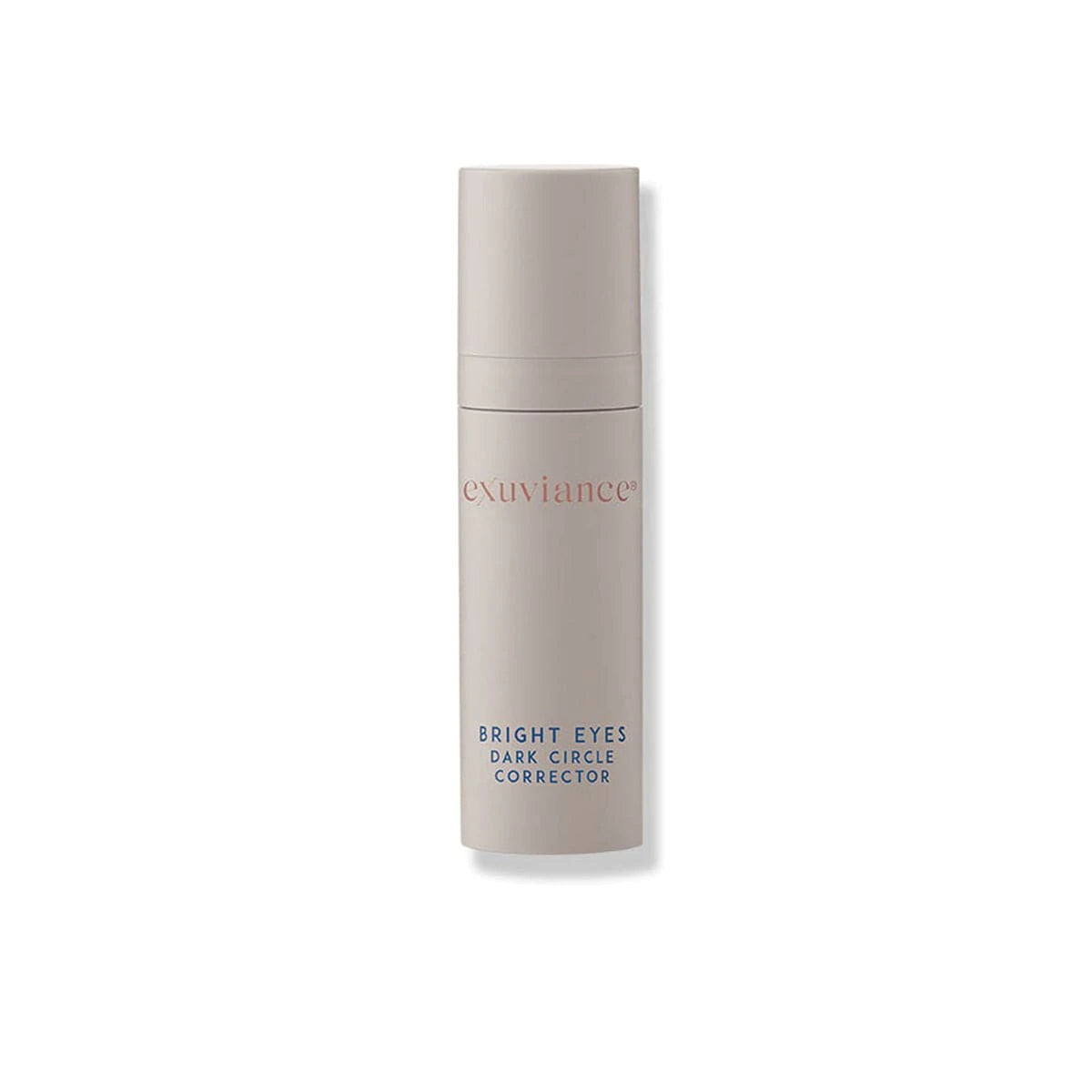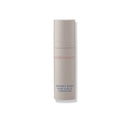Exuviance
Exuviance was created by the same dermatologists who discovered and patented alpha hydroxy acids (AHAs), making it a pioneer in clinical-grade exfoliation and skin renewal. Building on decades of research, the brand’s products feature next-generation polyhydroxy acids (PHAs) that gently resurface, hydrate and strengthen the skin barrier without irritation.
Exuviance offers targeted serums, moisturisers and peels addressing fine lines, uneven tone, loss of firmness and texture issues. Clinically proven and dermatologist recommended, the range suits all skin types, including sensitive and reactive skin.
By combining scientific innovation with spa-like formulations, Exuviance delivers professional results at home. Its gentle yet effective approach makes it a trusted choice for those seeking visible improvements in skin quality and radiance.


